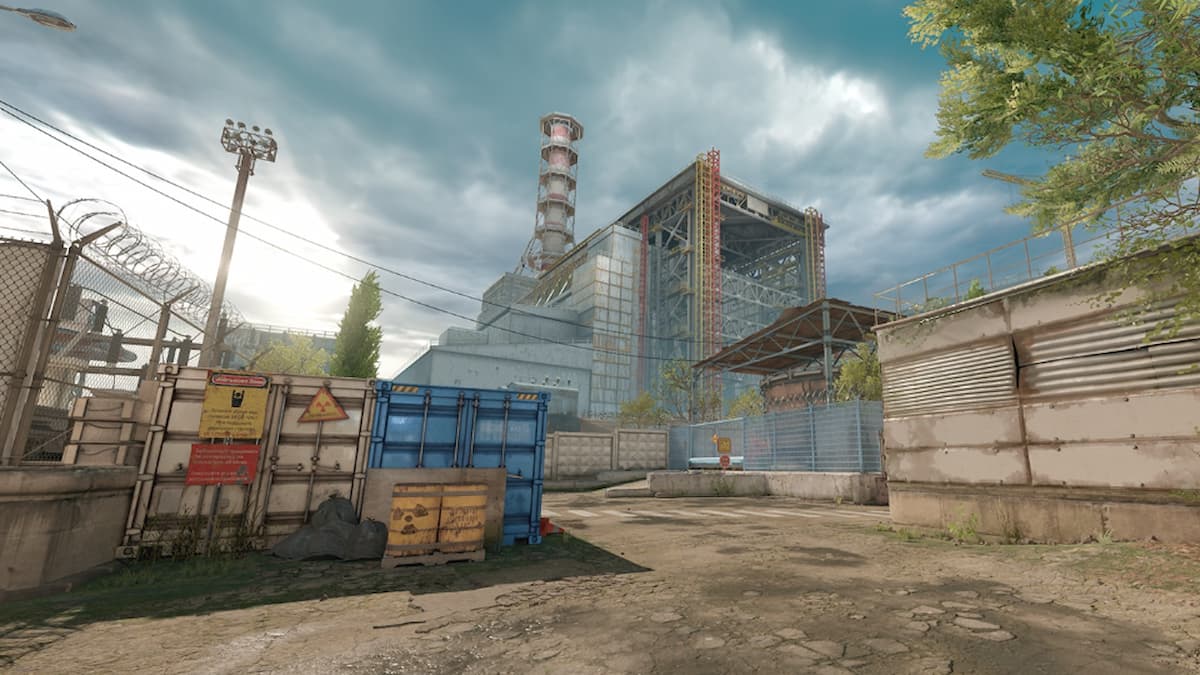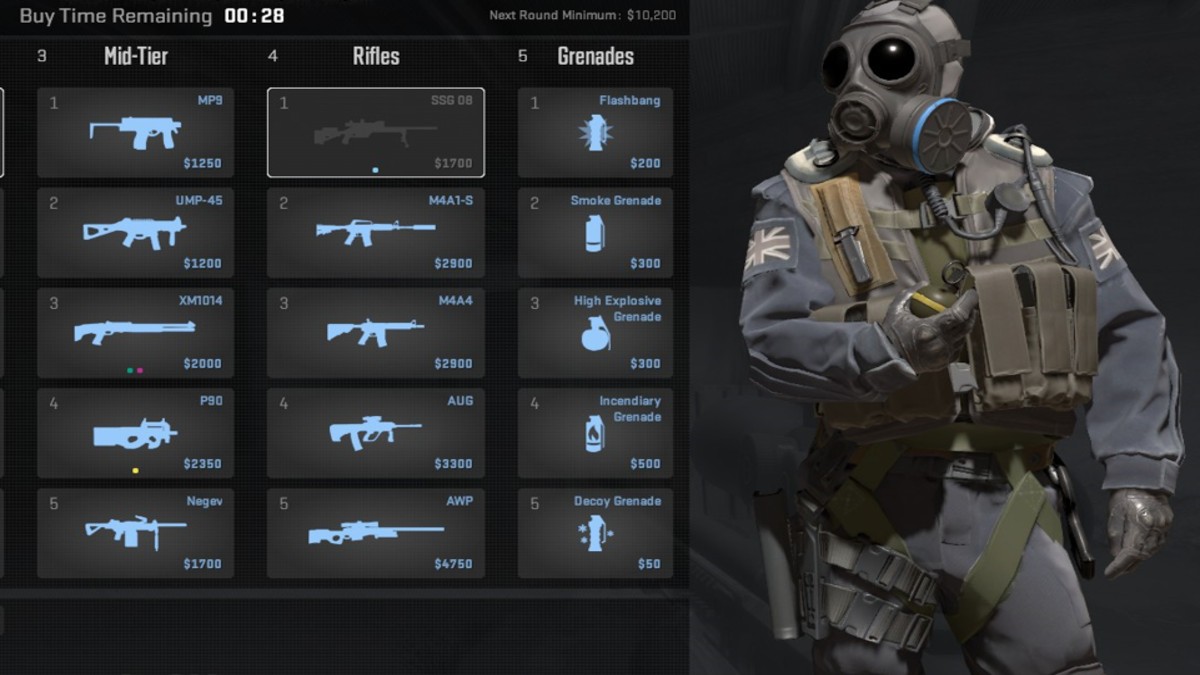As the Counter-Strike skin gambling bubble burst earlier this year one of the most popular sites, CS:GO Lounge, was among those that shut down in their original form. Now a new report has revealed just how profitable that business had been.
According to Will Green of LegalSports report, the site had handled over $1 billion worth of bets in 2016 before shutting down its skin betting operation in August.
This came in the form of roughly 103 million skins bet on around 2,800 matches throughout the year. This rounds out to almost $10 per skin, and 37,000 virtual items per match on average. Of course, some games drew more attention than others. Team Liquid versus SK Gaming at ESL One Cologne this Summer saw the exchange of over 320,000 skins, with matches in that tournament attracting well over $1 million worth of bets per game.
Lounge underwent radical changes earlier this year after game developer Valve released a statement condemning skin gambling, and changing the terms of service to forbid the use of trade bots.
CS:GO Lounge has since changed its business model to ‘coin betting’. New users are offered 100 coins after creating an account, however besides betting those there is no clear method of earning more. The menu currently features a greyed out option to earn coins. It is unknown whether this will require trading skins, or be purchasable with actual money.
Before its demise skin gambling had quickly developed into a big money business, with many sites taking cuts of all bets. It was profitable enough for some individuals to finally grab the attention of Valve, who are notorious for their lack of communication with the fanbase.
Streamers and personalities like Trevor “TmarTn” Martin and James “Phantomlord” Varga became embroiled in scandals about their undeclared ownership of gambling sites. Many of the sites shut down or changed their business model, and multiple lawsuits are currently pending from customers who feel they were allowed to bet unlawfully.










Published: Oct 4, 2016 03:18 pm